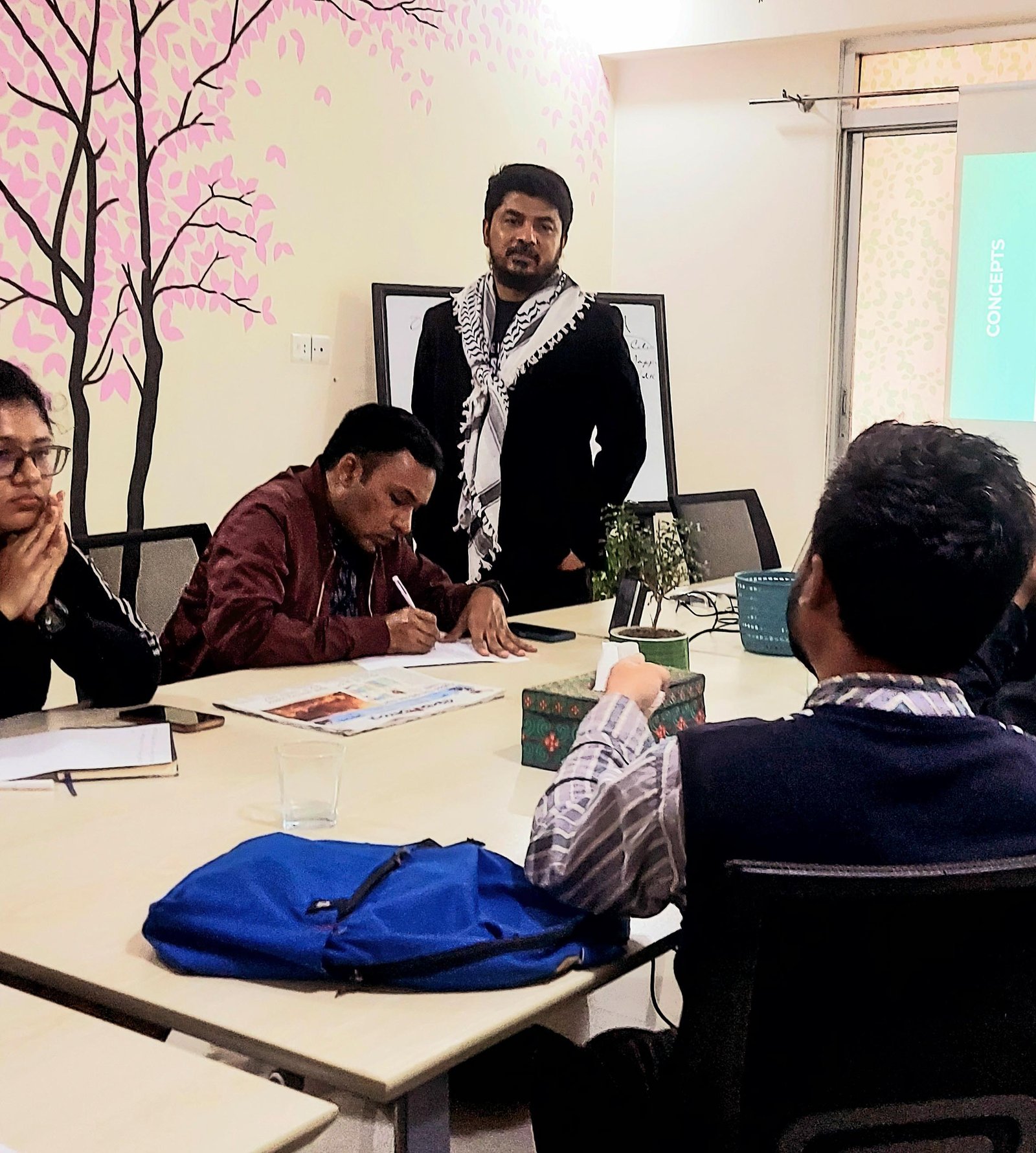Legals
CQR Safeguarding Policy
Putting Safety at the Heart of Everything We Do with CQR’s Safeguarding Policy
We provide expertise across various industries, ensuring efficient and effective solutions for your business challenges.
Get reliable qualitative research services for valuable insights. Our skilled researchers use robust methodologies and thoughtful analysis.
Learn moreCQR offers comprehensive mixed-method research services. Skilled in qualitative and quantitative approaches.
Learn moreWe use a diverse research toolkit and effective data analysis for accurate insights. Managers decide based on experience and facts.
Learn moreDevelop your skills with courses taught by industry experts. CQR offers a range of training courses required for the conduction of qualitative studies and more.


We provide expertise across various industries, ensuring efficient and effective solutions for your business challenges.
Get reliable qualitative research services for valuable insights. Our skilled researchers use robust methodologies and thoughtful analysis.
Learn moreCQR offers comprehensive mixed-method research services. Skilled in qualitative and quantitative approaches.
Learn moreWe use a diverse research toolkit and effective data analysis for accurate insights. Managers decide based on experience and facts.
Learn moreDevelop your skills with courses taught by industry experts. CQR offers a range of training courses required for the conduction of qualitative studies and more.


Putting Safety at the Heart of Everything We Do with CQR’s Safeguarding Policy

Safeguarding is the obligation that an organization has to ensure their employees, consultant, partners, vendors, operations and programs do no harm to children, young people or vulnerable adults that they do not expose them to the risk of discrimination, neglect, exploitation, harm and abuse and that any concerns the organization has about the safety of vulnerable people within the communities in which they work, are dealt with and reported to the appropriate authorities.
The Policy is applicable to all staff, directors, advisors, consultants, fellows, interns and all other persons who have contractual relationships with CQR and are appointed to CQR office, its unit offices, projects offices and partner organizations.
Abuse - a violation of an individual's human and civil rights by any other person. It may be form of physical, psychological, financial, or sexual abuse, neglect or negligent treatment or commercial or other exploitation, resulting in actual or potential harm to the health, survival, development or dignity of a child, young person or vulnerable adult. Abuse can be a single act or repeated acts and can be unintentional or deliberate.
Financial abuse - including theft, fraud, exploitation, pressure in connection with wills, property or inheritance or financial transactions, or the misuse or misappropriation of property, possessions, or benefits.
Neglect - the persistent failure to meet a vulnerable person's basic physical needs, likely to result in the serious impairment of his/her health or development. Examples include failure to provide adequate food, clothing and shelter, failure to protect them from physical or psychological harm or danger; failure to ensure adequate supervision or failure to ensure access to appropriate medical care or treatment. It may also include neglect of, or unresponsiveness to, a vulnerable person's basic emotional needs.
Physical abuse - includes hitting, shaking, throwing, poisoning, burning or scalding, drowning, suffocating or otherwise causing physical harm, misuse of medication, restraint, or inappropriate sanctions.
Psychological abuse - includes emotional abuse, threats of harm or abandonment, deprivation of contact, humiliation, blaming, controlling, intimidation, coercion, harassment, verbal abuse, isolation or withdrawal from services or supportive networks. Examples include not giving a vulnerable person opportunity to express their views, deliberately silencing them or 'making fun' of what they say or how they communicate
Sexual abuse - involves forcing, enticing, or coercing someone to take part in sexual activities, whether or not the vulnerable person is aware of what is happening. The activities may involve physical contact, including assault by penetration (for example, rape or oral sex) or non-penetrative acts such as masturbation, kissing, rubbing and touching outside of clothing. They may also include non-contact activities, such as involving a vulnerable person in looking at, or in the production of, sexual images, watching sexual activities, encouraging Ch ild ren to behave in sexually inappropriate ways.
Child - a person as anyone under the age of 18 years, irrespective of the age of majority in the country in which the child lives or in their home country. It is widely recognized that children are generally more vulnerable to abuse and exploitation due to factors such as age, gender, social and economic status, developmental stage, and dependence on others.
Vulnerable adult - a person, 18 years and above, who by reason of disability, age, gender, social and economic status, or illness, the context they are in, may be unable to take care of or to protect him or herself against abuse, harm or exploitation.
Youth or young people - individuals aged 15 to 25 this group spans the categories of 'children and 'adults' but regards young people as having safeguarding needs and requiring distinct consideration aside from younger children and older adults.
The status of the child and adult should be reinforced as a full subject of rights.
CQR commitment to protect children and adult from abuse through the following measures:
Provide adequate training to CQR staff to ensure that they:
Advisors/Consultants/Directors/ Fellows/lnterns/of CQR will sign and abide by the Code of Conduct.
CQR and Its staff committed to the full implementation of the Safeguarding policy and procedures that support CQR intention to keep children and young people safe from harm. This safeguarding policy will be reviewed in 2027.
Adding {{itemName}} to cart
Added {{itemName}} to cart